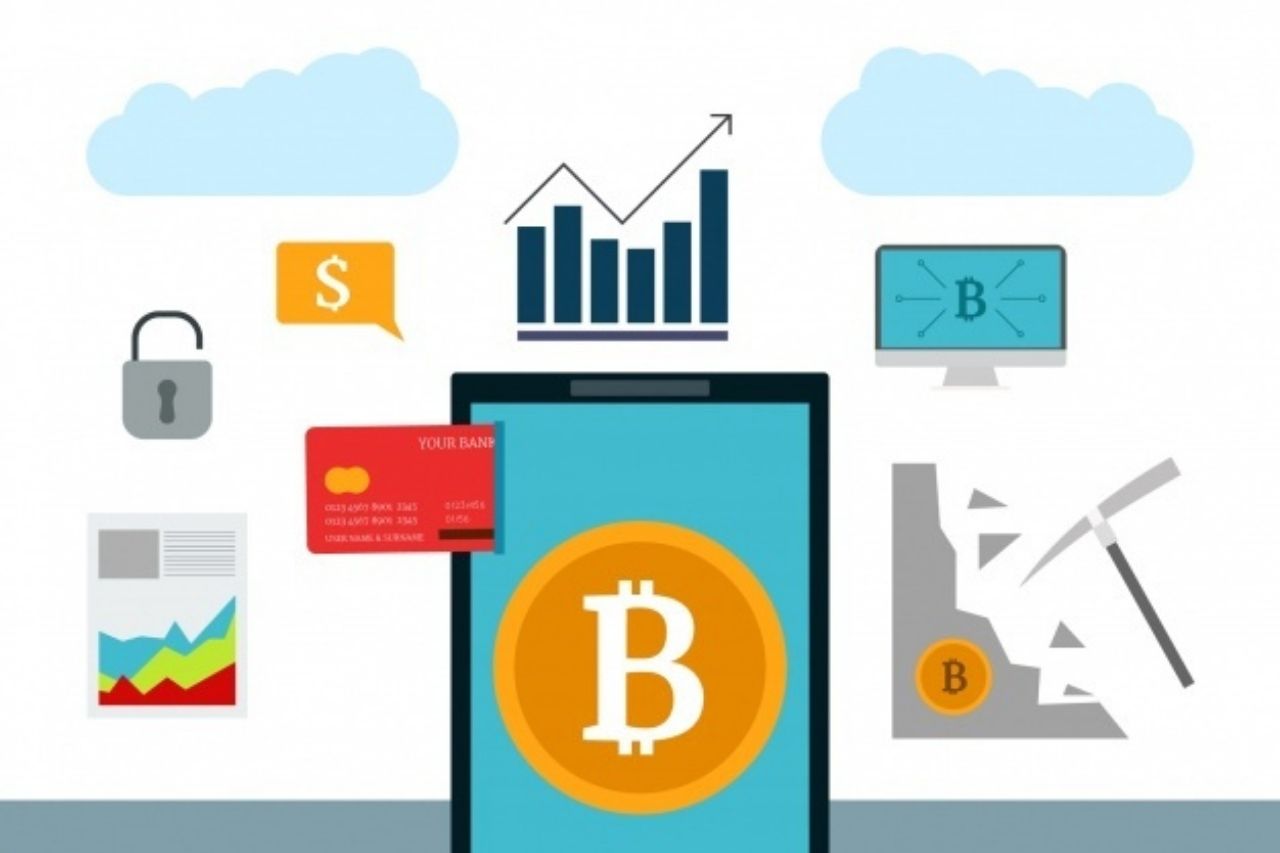How is the power of Blockchains so disruptive?
A blockchain is basically a common record, or data set, that can be gotten to, sifted, and controlled rapidly and effectively by quite a few clients immediately.
It stores data in bunches called blocks, which have a specific stockpiling limit. At the point when full, they are connected, or bound, to the past block. Any resulting data is placed into a newly made square and the unchanging chain keeps on developing.
In a blockchain, every member PC, or hub has a full record of the information that has been put away on it since the beginning. The Bitcoin blockchain innovation, for instance, has a record of each bitcoin exchange at any point made. Blockchains can record data that makes it near difficult to change, hack, or cheat the framework.
That is on the grounds that the record is appropriated, not replicated or moved, making an unchanging record of a resource. It is additionally decentralized, permitting full constant access and straightforwardness.
Also Read:
https://www.blockchain77.com/wheres-the-future-of-blockchain-technology-headed
While digital forms of money are at present its most well-known use case, blockchain innovation can likewise be utilized to follow any sort of resource – from houses to land and even licenses. This gives it the possibility to disturb pretty much every area.
For instance, the Election Commission of India is working with IIT-Madras on utilizing blockchain innovation for remote democracy. What’s more, Plymouth University clarified in a paper how blockchain could be utilized to make the races more straightforward.
Benefits of Blockchain innovation
Precision: Any exchanges on the blockchain network should be supported by an organization of thousands of PCs. This limits the shot at blunders and makes the framework incredibly hard to hack.
Decentralization: There is no focal area or element that stores the data of any exchange. All things considered, the blockchain is replicated and spread across an organization of PCs. At the point when another square is added, each PC on the organization refreshes its duplicate to mirror the change. This is one more nature of blockchains that makes them everything except carefully designed.
Effectiveness: With an incorporated installment, similar to the one we have today, exchanges – particularly abroad ones – can take up to a couple of days to settle. Blockchains then again work nonstop and don’t perceive borders, so exchanges can be gotten comfortable in only minutes.
Weaknesses
Innovation cost: While blockchain gets a good deal on exchange charges, the innovation can be very costly. The confirmation of the working framework that bitcoin uses to approve exchanges burns through tremendous measures of power to perform profoundly escalated calculations. One more drawback of Bitcoin is that it can just process up to seven exchanges every second. Other digital currencies, like Ether, have far higher exchange speeds.
Criminal behavior: While blockchain provides clients with the benefit of privacy, it additionally considers illicit exchanging and action on the blockchain network. Yet, that is valid for old-fashioned fiat cash too.
Absence of (or to an extreme) guideline: While blockchain innovation is fanning out quickly, numerous in the crypto space have communicated worries about the unofficial law of cryptocurrency.
Also Read:
Source: https://economictimes.indiatimes.com/tech/trendspotting/explained-blockchains-and-their-disruptive-power/articleshow/87109171.cms



